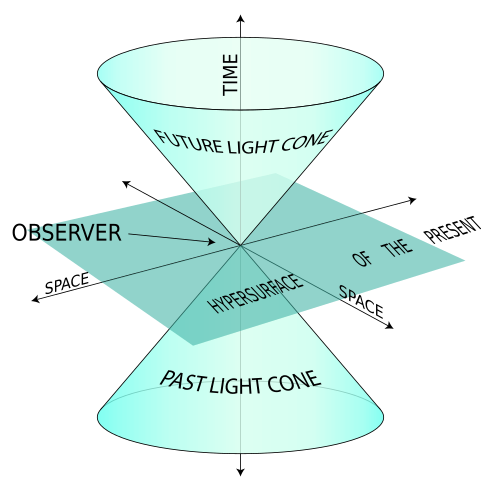Einstein's special theory of relativity was "falsified" *thousands* of times
"But there yet remains an almost ludicrous part of the story to be told. The Michelson-Morley experiment of 1887... actually did not give the result required by relativity! It admittedly substantiated its authors' claim that the relative motion of the earth and the 'ether' did not exceed a quarter of the earth's orbital velocity. But the actually observed effect was not negligible; or has, at any rate, not been proved negligible up to this day... Moreover, an effect of the same magnitude was reproduced by D. C. Miller and his collaborators in a long series of experiments extending from 1902-1926, in which they repeated the Michaelson-Morley experiment with new, more accurate apparatus, many thousands of times." -- Michael Polanyi, Personal Knowledge, p. 12, emphasis mine
Polanyi notes that when Miller announced his results... the general community of scientists simply ignored him. They were already convinced that relativity was correct, and didn't care about its "falsification." And Polanyi contends they were quite correct to take this attitude.
Is there a theory that has been more thoroughly "falsified" than Popper's idea of "falsification" as the cornerstone of science?

Maybe I have substantially failed my reading comprehension here, but:
ReplyDeleteA scientist announces some surprising results of an experiment.
The general scientific community simply ignores these results, rather than reconsider what they know.
That this happened is far more damaging for the reputation of the scientific community than it is for the method of falsification.
No, what has failed you here is the positivistic conception of science: The scientists who ignord Miller were CORRECT to do so: they knew relativity was correct. They would have been WRONG to "reconsider what they know."
DeletePrateek, contemplate this: you had a THEORY that says the scientific community should always "reconsider what they know" in the face of anomalous results. But they don't, and things came out fine, and scientific progress continued apace.
DeleteYou would think that would "falsify" your theory: but you chose instead to blame reality for not fitting your theory!
Did you just falsify the theory of falsification? Oh my god!
ReplyDeleteThis blog is excellent.
Feyerabend was there way before me.
DeleteGene, if it was found that there really were such a thing as aether wind, don't you think that we would have a very different view of how scientists viewed Miller's evidence?
ReplyDeleteYes, I do think that. And...?
DeleteMy point is that just because scientists happened to be correct as a factual matter doesn't mean that they were right to reject Miller's evidence at the time.
Delete"My point is that just because scientists happened to be correct as a factual matter doesn't mean that they were right to reject Miller's evidence at the time."
DeleteNo, it doesn't *mean* they were right. Our basis for judging them right is that ignoring Miller allowed them to make progress.
But Gene, it only allowed them to make progress because they happened to be correct. That's my point, if it was found that there was such a thing as aether wind, we would view the rejection of Miller's evidence very differently.
DeleteGene, let me put it this way: are there ever circumstances where you would say "X happens to be true, and thus decision of scientists to ignore evidence against X turned out very successful. If X hadn't been true, this decision wouldn't have turned out so well, so scientists were not justified in rejecting the evidence against it, knowing what they knew at the time."
"But Gene, it only allowed them to make progress because they happened to be correct."
DeleteNot true: both phlogiston and ether were very progressive research agendas for some time.
Besides, scientists can't WAIT to see if decades hence some claim will turn out to be important or not. They had to decide in 1926 whether or not to ignore Miller's evidence. What Polanyi and I are claiming is that based on what they knew in 1926, their decision was correct... whatever turned up later.
Gene, can you clarify? Is the claim, "For decades, carefully conducted experiments seemed to contradict special relativity, but it's a good thing scientists maintained their faith due to its elegance, because now better experiments show there is no ether after all." ?
ReplyDeleteOr is the claim, "To this day, the most careful attempt to do a Michelson-Morley experiment actually rejects special relativity, which is rather ironic given the way Noah Smith talks about it." ?
At the time, scientists were dismissing the findings as due to:
Deletea) temperature effects
b) statistical fluctuations
c) the measuring device traveling in a circle with the earth
d) etc.
Polanyi is writing this in 1962. What has happened since I have not looked at, other than that no one is paying any more attention to ether now than they were in 1962!
The "good thing they maintained their faith" is because relativity has continued to bear fruit and guide a progressive research program.